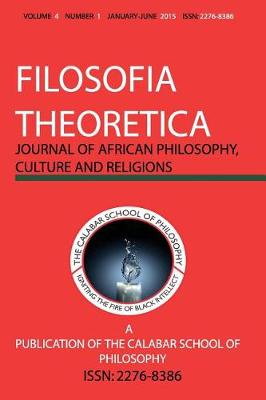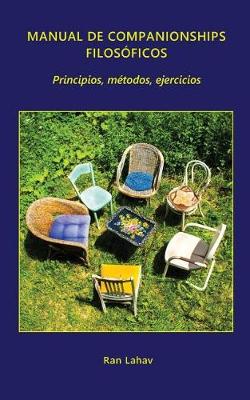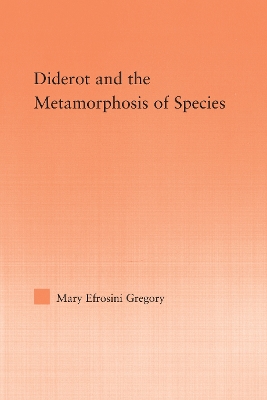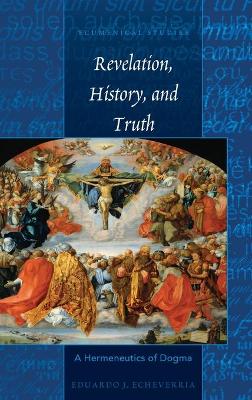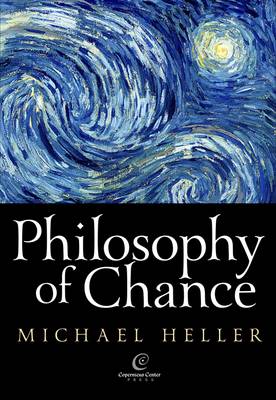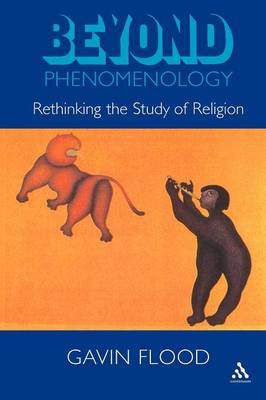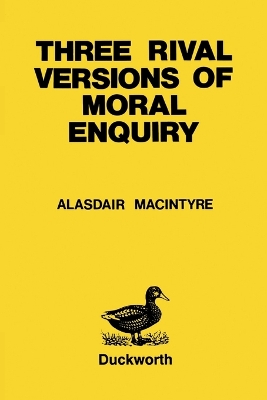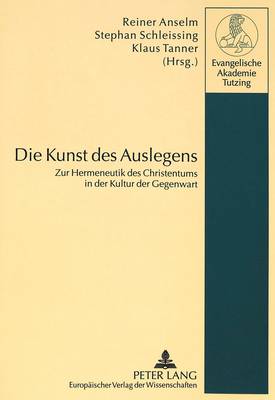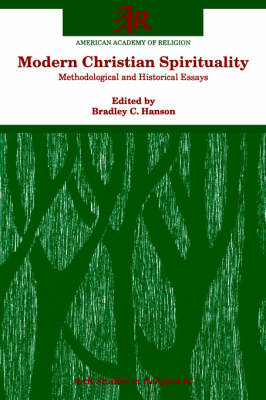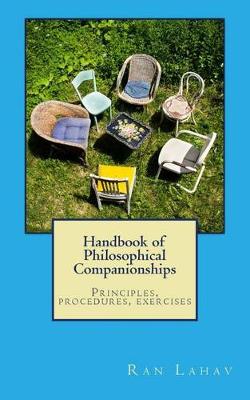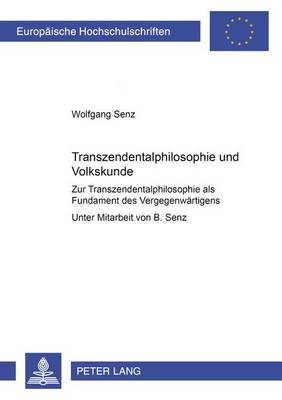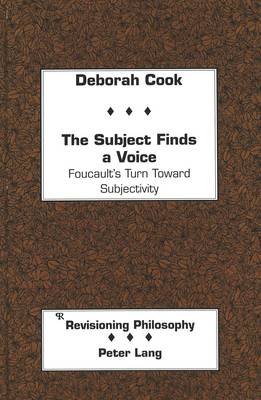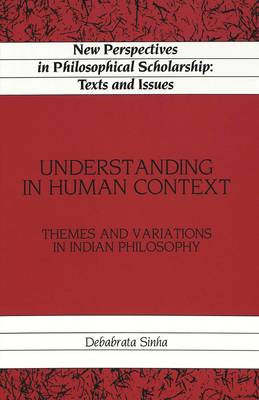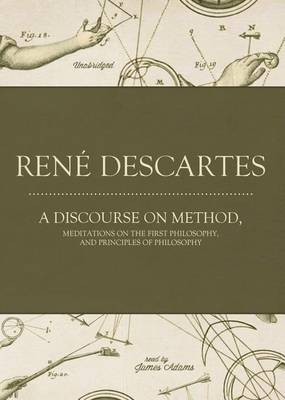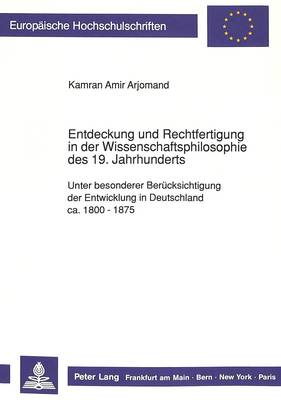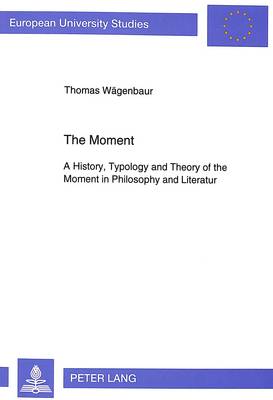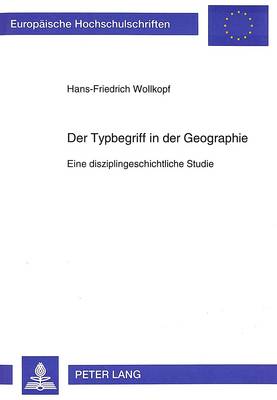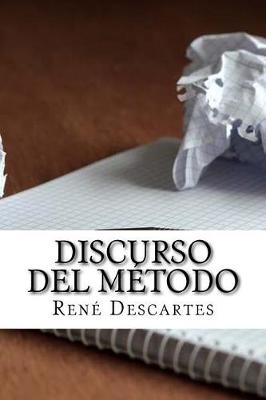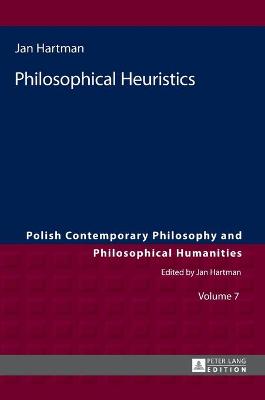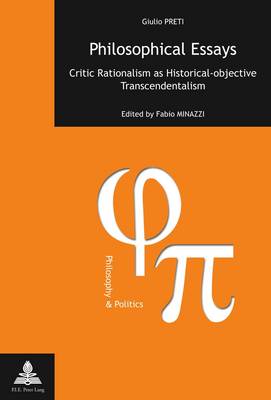Filosofia Theoretica Vol 4 No 1 (Filosofia Theoretica, #4)
by Jonathan O. Chimakonam
In this study Dr. Gregory examines how Diderot borrowed from Lucretius, Buffon, Maupertuis, and probability theory, and combined ideas from these sources in an innovative fashion to hypothesize that species are mutable and that all life arose randomly from a single prototype.
Revelation, History, and Truth (Ecumenical Studies, #2)
by Eduardo J Echeverria
The general topic of this book concerns the ontology, epistemology, and teleology of the hermeneutics of dogma. In particular, the author addresses contemporary challenges faced by the necessity of maintaining the integrity of dogmatic truth of the Christian faith, of divine revelation and its transmission through tradition, particularly with respect to the relationship between history and doctrinal truth. The author integrates a theological hermeneutics, namely, the Lerinian hermeneutics of Vat...
This book argues that the understanding and explanation of religion is always historically contingent. Grounded in the work of Bakhtin and Ricoeur, Flood positions the academic study of religion within contemporary debates in the social sciences and humanities concerning modernity and postmodernity, particularly contested issues regarding truth and knowledge. It challenges the view that religions are privileged, epistemic objects, argues for the importance of metatheory, and presents an argument...
MacIntyre's project, here as elsewhere, is to put up a fight against philosophical relativism. . . . The current form is the 'incommensurability,' so-called, of differing standpoints or conceptual schemes. Mr. MacIntyre claims that different schools of philosophy must differ fundamentally about what counts as a rational way to settle intellectual differences. Reading between the lines, one can see that he has in mind nationalities as well as thinkers, and literary criticism as well as academic p...
Controversy Spaces: A Model of Scientific and Philosophical Change (Controversies (CVS))
Im Protestantismus wird derzeit uber das Verhaltnis zur Kultur nachgedacht. Fur die Theologie liegt darin die Chance, den eigenen Standort neu zu beschreiben. Wichtige Fundamente fur die moderne kulturwissenschaftliche Hermeneutik wurden in der Theologie gelegt. Die Anknupfung an diese Tradition ermoglicht es, die eingespielte, aber unfruchtbare Alternative zwischen dogmatischen Letztbegrundungsanspruchen und kriterienloser Beliebigkeit zu uberwinden. Im Anschluss an eine Tagung der Evangelische...
Modern Christian Spirituality (AAR Studies in Religion, #62)
Die Transzendentalphilosophie wird als Fundament des Vergegenwartigens dargestellt. Diese Funktion wird ihr in der Moderne von verschiedenen Fachwissenschaften streitig gemacht, unter anderem von der Volkskunde. Der Autor zeigt in seiner Untersuchung jedoch, dass die Volkskunde beziehungsweise keine Fachwissenschaft die Funktion der Transzendentalphilosophie erfullen kann. Entsprechende Versuche fuhren zu reduktionistischen Vorstellungen vom Menschen. Trotzdem erweist sich die Volkskunde - zusam...
Understanding in Human Context (New Perspectives in Philosophical Scholarship Texts and Issues, #5)
by Debabrata Sinha
A Discourse on Method, Meditations on the First Philosophy, and Principles of Philosophy
by Rene Descartes
Parallel zum unerhorten Aufschwung der Naturwissenschaften im 19. Jahrhundert erschienen wichtige wissenschaftsphilosophische Werke, die den beiden methodologischen Aspekten naturwissenschaftlicher Forschung, namlich der Entdeckung und der Rechtfertigung, Rechnung tragen sollten. Bis in die 70er Jahre des 19. Jahrhunderts wurde keine klare methodologische Trennung zwischen den beiden Aspekten vollzogen. Die Heuristik sollte so konzipiert werden, dass sie gleichzeitig die Rechtfertigung der so en...
The Moment, The (European University Studies, v. 1428)
by Thomas Wagenbaur
Written representations of momentary phenomena such as the Fall, the kairos, epiphany, the nunc stans, the sublime, dialectical and historical moments of change and moments of deferral are always doomed to fail. However, representational failures at writing have always been turned into a performative success: more writing. The author's reading of the various textualizations of the moment is not historical, but genealogical (Foucault) and not typological, but economical (Derrida); it reveals the...
Der Typbegriff in Der Geographie (Europaeische Hochschulschriften / European University Studie, #659)
by Hans-Friedrich Wollkopf
Typologische Ordnungssysteme haben die Entwicklung zahlreicher Fachwissenschaften massgeblich gepragt. Diese Studie untersucht die begriffsgeschichtlichen Grundlagen der typologischen Arbeitsweise in der Geographie vor dem Hintergrund der Wissenschaftsentwicklung insgesamt. Im Mittelpunkt steht eine Wortgutanalyse (-typ-Wortfamilie) auf der Basis von 35000 Belegen aus dem Zeitabschnitt 1800 bis 1987. Es werden die Phasen der Terminologisierung, Taxonomisierung und Metrisierung des Typbegriffs in...
Discurso del Metodo (Clasicos Universales (Losada), #31) (Biblioteca Edaf, #22)
by Rene Descartes
Philosophical Heuristics (Polish Contemporary Philosophy and Philosophical Humanities, #7)
by Jan Hartman
«Philosophical Heuristics» aims to translate philosophical issues into meta-philosophical issues examined from a unique perspective. The analytical and interpretive practice of heuristics seeks to grasp synchronously all the processes leading to the formation of philosophical discourse, its language, form and content. The book takes hermeneutics and pragmatism as a starting point for a multifaceted and systematic examination of philosophical heuresis and promotes a style of philosophising «in th...
Philosophical Essays (Philosophie et Politique / Philosophy and Politics, #22) (Philosophy & Politics, #22)
by Fabio Minazzi
These "Philosophical Essays" by Giulio Preti explore, with particular acuteness and originality, some of the major problems addressed by contemporary philosophy. Preti's objective was to outline a scientific philosophy capable of embodying the rigour and concern for the factual found in scientific procedure. His analysis engaged with the complex tradition of logical empiricism and he also devoted attention to pragmatism and the philosophy of praxis in early Marx. Preti succeeded in establishing...
